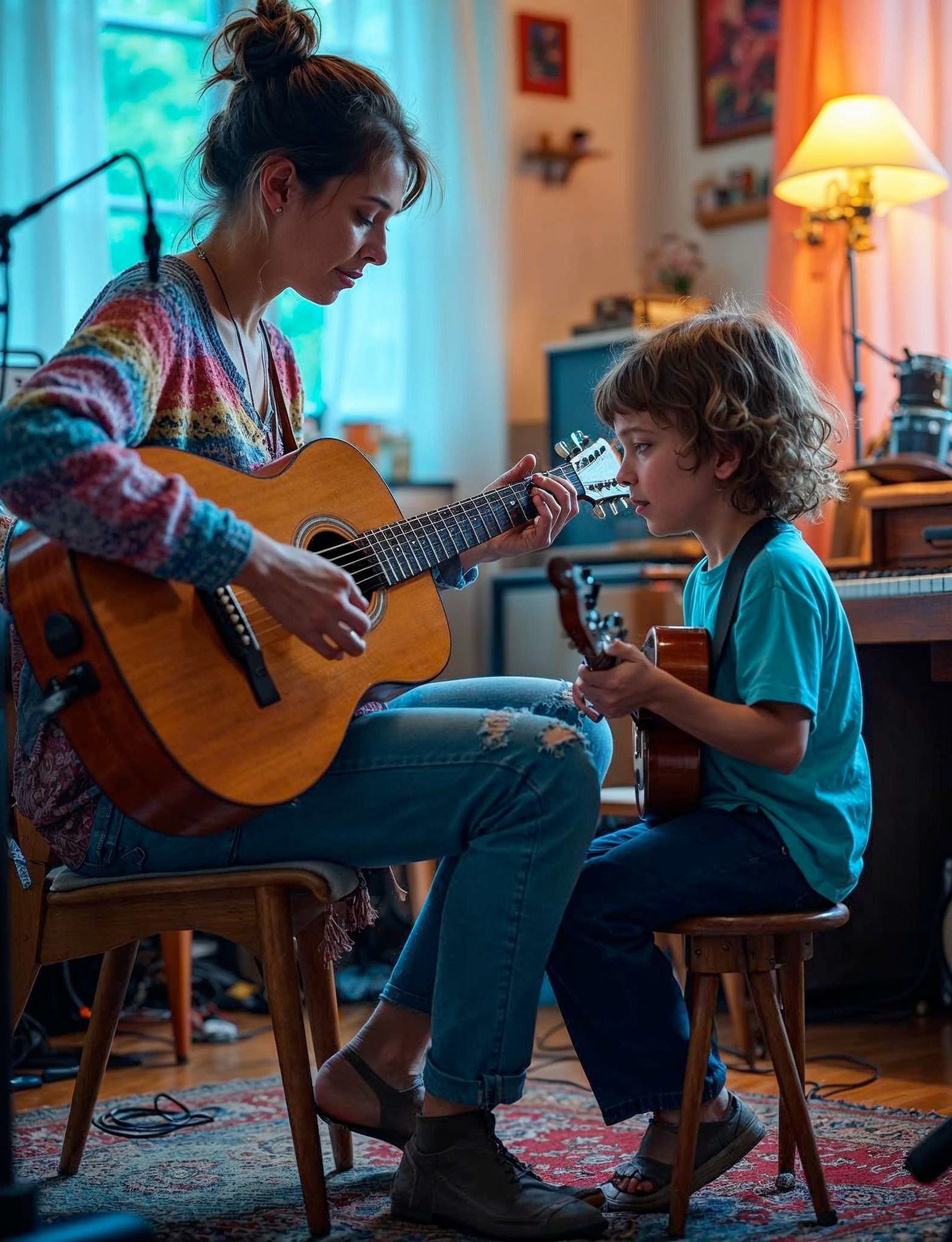The impact of songwriting on the quality of life of for adults with intellectual disabilities.
DOI:
https://doi.org/10.59028/misostenido.2025.03Keywords:
music therapy, intellectual disability, songwriting, routine tasks, interpersonal relationshipsAbstract
Background. The applications of music therapy have been studied in people with special educational needs. However, there is a lack of studies that use songwriting techniques to improve interpersonal relationships and routine tasks in people with intellectual disabilities in sheltered housing. Participants. Five adults with intellectual disabilities, aged 28 to 47 years (M 34.6; SD = 8.76), 40% women, participated with informed consent signed by their legal guardians. Methodology. Sixteen music therapy sessions were held twice a week, 60 minutes each, using songwriting techniques with a humanistic approach. The Wilcoxon test was used to measure pre- and post-test differences, and a one-factor ANOVA with repeated measures was used to analyze significant differences between different variables. Results. Wilcoxon's test showed post values (Mdn = 4) higher than the pre values (Mdn = 3) but without statistical significance (p = .32). The one-factor ANOVA revealed significant differences between variables, benefiting young people more (F= 73.6, p< .001; η2p= 0.95). There were no significant differences by sex or interaction between sex and age (p= .50 and p= .38, respectively). Conclusions. Songwriting techniques did not show substantial differences in pre-and post-test measures, but they did improve certain variables, especially in the youngest. No significant differences were found by sex, indicating that the benefits of music therapy depend more on age than gender.








